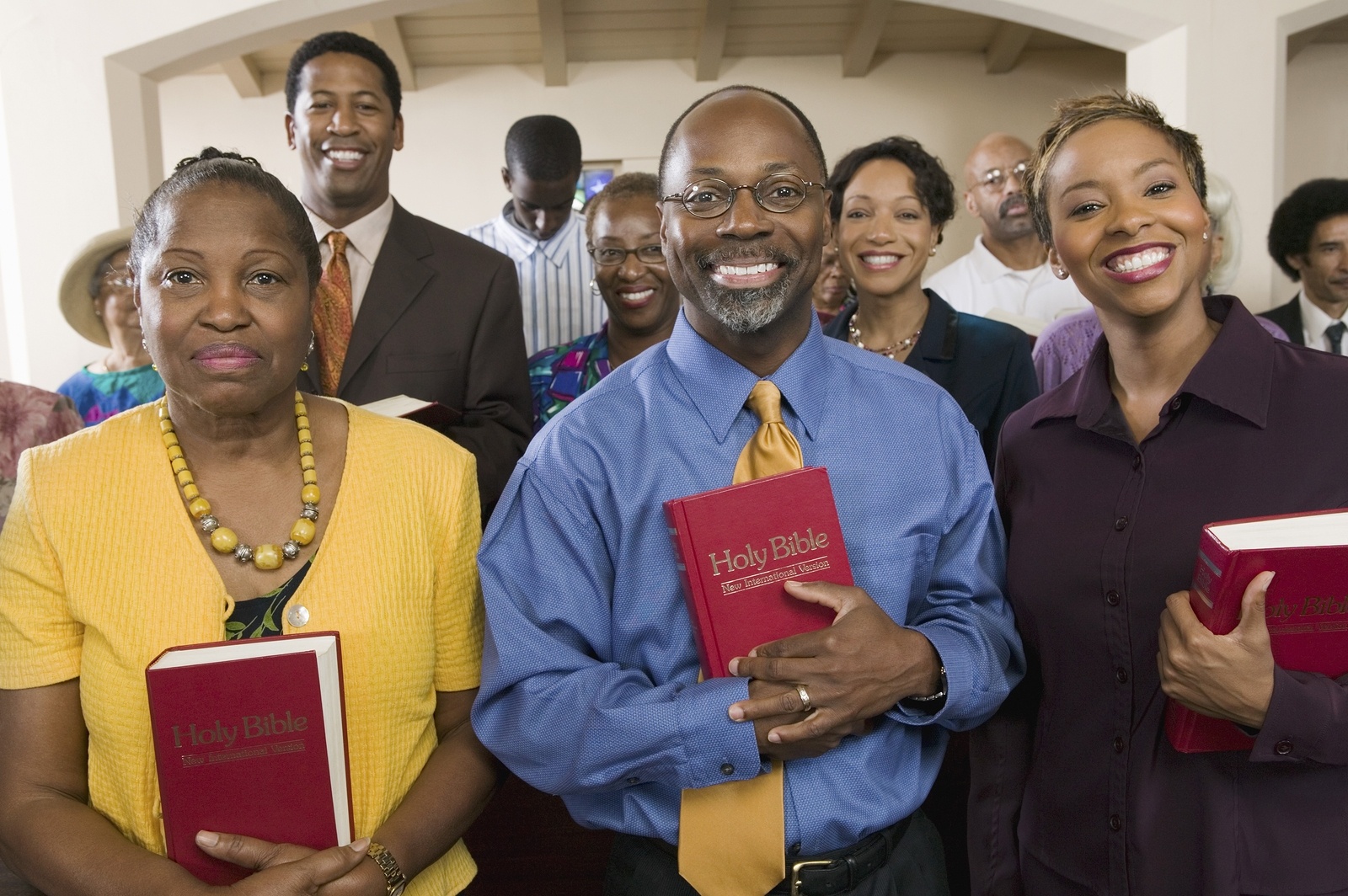Churches are sanctuaries and safe places for communities to gather. That doesn’t mean that people can’t get injured there though. In fact, injuries happen at churches every day. Pastors slip and fall on wet floors, and volunteers trip over their feet when playing with kids. Anything can happen at any time.
While you can’t prevent injuries altogether, basic church management requires that you have a plan in place that ensures the appropriate response. Handling injuries properly will protect your church’s financial assets and your reputation.
Take All Injuries Seriously
When an accident occurs, sometimes the individual tries to downplay any injury. They don't want to admit they're hurt and, instead, insist that they are OK. That doesn't necessarily mean that you should take their word for it.
When people are injured on the church's property, have them checked out by a medical professional immediately. You might have a doctor in your congregation who can help. However, if you don’t have access to a doctor, go to a local hospital. If the injury is serious, call 911.
Know When to Use Workers’ Compensation
Most of a church’s employees are covered by workers’ compensation insurance. They can file a workers’ compensation claim if they are injured at work. Most churches depend on volunteers, who are rarely covered by workers' compensation insurance. Fortunately, they can be covered by your church's insurance.
Make sure your policy includes volunteers who are injured so you can protect your interests in case a serious injury occurs. Sometimes, you will call on an employee to volunteer for the church. If the employee gets injured when volunteering, he or she might still be covered by workers’ compensation. Also, if a church pays a volunteer, the person might be considered an employee for workers’ compensation purposes.
What about Independent Contractors?
You probably work with independent contractors from time to time. Many churches think that as long as they give contractor 1099s, they aren’t responsible for them. That’s actually not always the case. A better way is to have the contractor sign an agreement stating that he or she is responsible for insurance. Then, if the contractor gets hurt, it will not be your responsibility to file a claim on your insurance.
Injuries will happen from time to time, so use this as a guide when dealing with them at church. If you react properly, you can protect your congregation, employees, and volunteers. That kind of planning is good basic church finance and is crucial to the success of your church.
Churches and religious institutions may be Godly sanctuaries, but they are run by very human people who often juggle many roles and responsibilities. When it comes to financial planning, budgeting and dispersing, financially sound churches do it with the guidance of a qualified professional.
Charles P. Myrick is a Washington, DC accounting firm offering specialized CFO services to churches and religious institutions. Myrick CPA was voted Best Accounting Firm in DC, 2016 and 2017, Washington City Paper Readers’ Poll. Request a confidential consultation, today.






